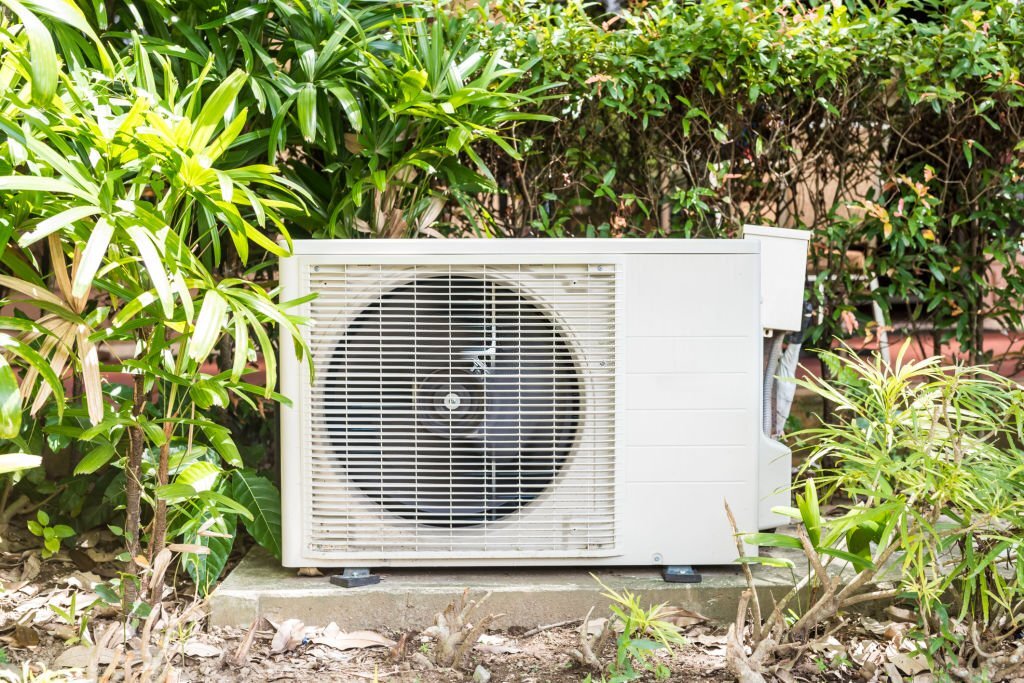Refrigerants play a vital role in maintaining the cooling process in various equipment such as refrigerators, air conditioners, and heat pumps. However, traditional refrigerants like chlorofluorocarbons (CFCs) and hydrochlorofluorocarbons (HCFCs) have been found to contribute to the depletion of the ozone layer and increase greenhouse gas emissions. Sustainable alternatives like R600a refrigerant have been introduced to address these concerns. This blog will explore why it is a sustainable choice for cooling.
What is R600a Refrigerant?
R600a refrigerant, also known as isobutane, is a natural refrigerant that belongs to the hydrocarbon family. It has low global warming (GWP) and zero ozone depletion potential (ODP), making it an environmentally friendly alternative to traditional refrigerants. It is also highly energy-efficient and cost-effective, making it an attractive choice for manufacturers and consumers.
Environmental Benefits of R600a Refrigerant
R600a refrigerant has several environmental benefits, including:
- Low Global Warming Potential: R600a has a GWP of 3, much lower than traditional refrigerants like CFCs and HCFCs. It means that it has a much smaller impact on global warming.
- Zero Ozone Depletion Potential: Unlike traditional refrigerants, R600a does not deplete the ozone layer, which is essential for protecting the earth’s atmosphere.
- Natural and Renewable: R600a refrigerant is a natural and renewable resource, unlike synthetic refrigerants manufactured using non-renewable resources.
Energy Efficiency and Cost Savings
R600a is highly energy-efficient and cost-effective, making it an attractive choice for manufacturers and consumers. It has a high coefficient of performance (COP), which means it can produce more cooling per unit of energy used. It can result in significant energy savings over time. In addition, R600a is less expensive than traditional refrigerants, which can result in cost savings for manufacturers and consumers.
Safety Considerations
While R600a refrigerant has many benefits, it is important to note that it is flammable. It means that it must be handled with care and stored properly to prevent the risk of fire or explosion. However, with proper handling and storage, R600a can be used safely.
Advances in R600a Refrigerant Technology
The benefits of R600a refrigerant have been noticed by the industry, with manufacturers investing in developing advanced technology that uses this sustainable refrigerant. One such advancement is using R600a in heat pumps, which have become more energy-efficient and cost-effective. Additionally, the use of it in commercial refrigeration systems has increased, resulting in lower energy costs and reduced carbon emissions.
Regulatory Support for R600a
Governments worldwide are taking steps to reduce the use of synthetic refrigerants and promote sustainable alternatives like R600a. For example, the European Union has implemented regulations restricting synthetic refrigerants with high GWP and encouraging natural refrigerants like R600a. Similarly, the US Environmental Protection Agency (EPA) has approved using R600a refrigerant in certain applications.
Challenges and Limitations
While this refrigerant has several benefits, it has some limitations and challenges. One challenge is its flammability, which requires additional safety precautions. Another limitation is its lower cooling capacity compared to traditional refrigerants, which can result in longer cooling times and higher energy consumption.
Conclusion
R600a refrigerant is a sustainable choice for cooling that offers several environmental, energy efficiency, and cost-saving benefits. As the world prioritizes Sustainability and environmental protection, R600a will likely become an increasingly popular choice for manufacturers and consumers. However, it is important to safely handle and store R600a refrigerant to prevent the risk of fire or explosion.
Hence, it is a sustainable choice for cooling that offers several benefits, including environmental, energy efficiency, and cost savings. While it has some limitations and challenges, advances in technology and regulatory support are helping to address these issues.

